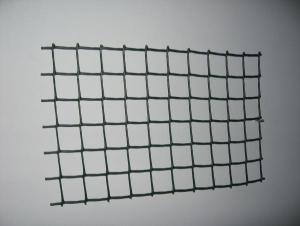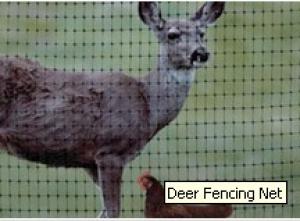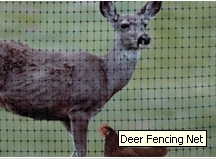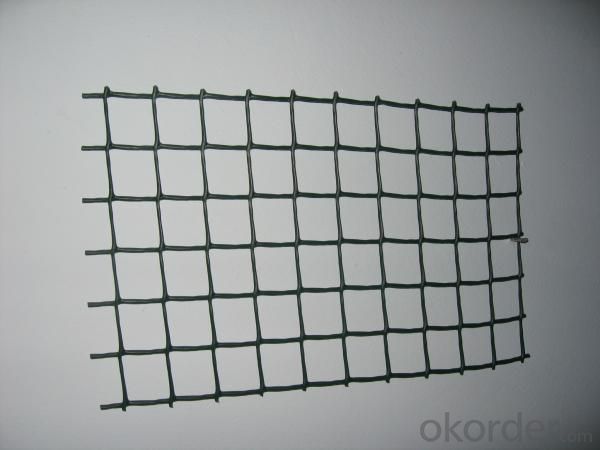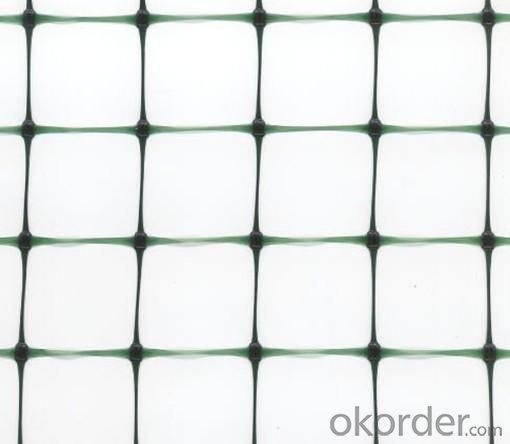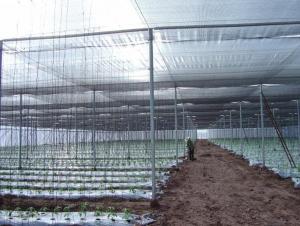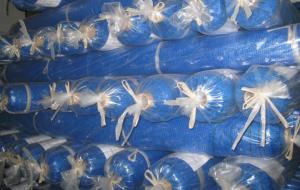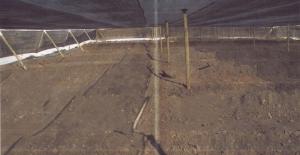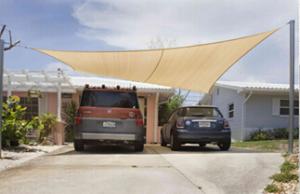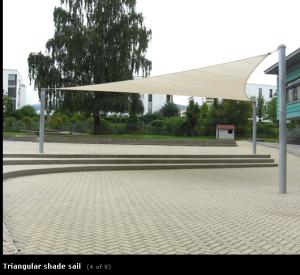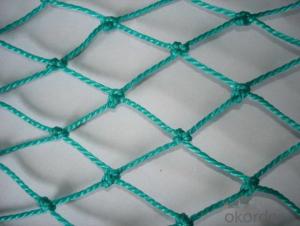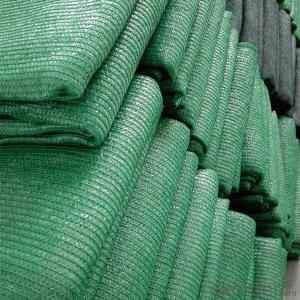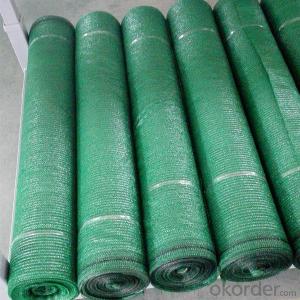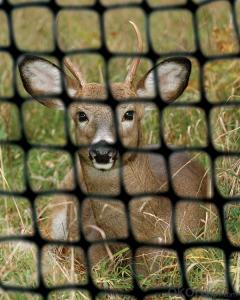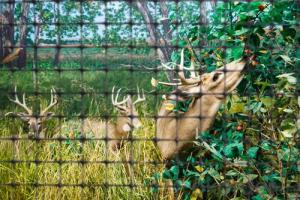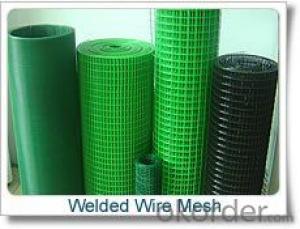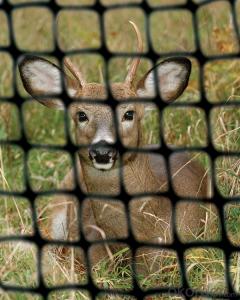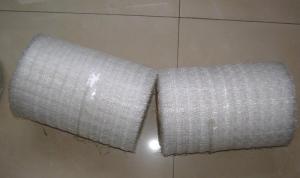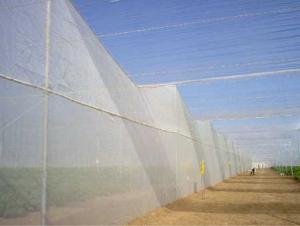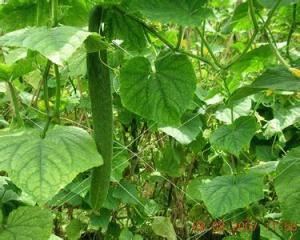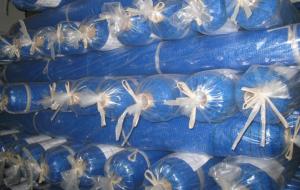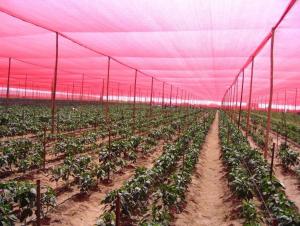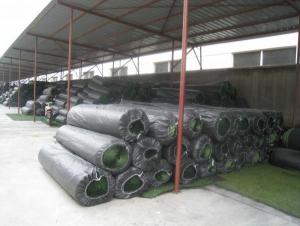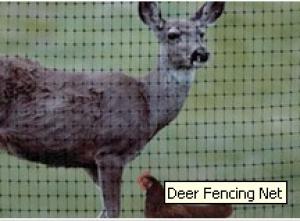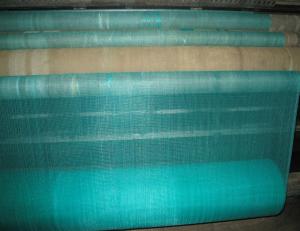Plastic Flower Netting Anti-Deer Net
- Loading Port:
- China Main Port
- Payment Terms:
- TT or L/C
- Min Order Qty:
- 2000KG m²
- Supply Capability:
- 500T/M m²/month
OKorder Service Pledge
OKorder Financial Service
You Might Also Like
BOP Net /Anti -deer Net / Deer Fence Net
Introduction of BOP NET/Anti-deer Net/ Deer Fence Net;
These products are used as anti-deer net, animal fence, packing net, pallet net, plant support net, and net for agricultural use.
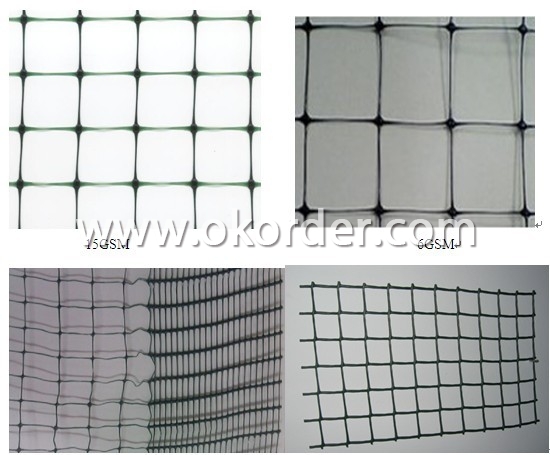
Specificationsof BOP Net/Anti-deer Net/ Deer Fence Net;
|
Material |
MESH SIZE(MM) |
Weight(g/m2) |
Width |
|
PE/PP |
6X6MM,8X8MM,12X12MM, 20X36MM,25X25MM,35X60MM, 60X60MM,130X130MM,150X150MM |
6GSM,10GSM,15GSM,25GSM 35GSM,55GSM From 6gsm to 55gsm |
1M,1.2M,2M,4M |
Mesh Type: Square or rectangular
Based on order, other weaves are also available.
Color: Black, Green, White, Red, Grey, Any color is available.
Minimum life length: 4 years, under normal weather conditions and use.
Applicationof BOP Net/Anti-deer Net/ Deer Fence Net;
These products are used as anti-deer net, animal fence, packing net, pallet net, plant support net, and net for agricultural use.
Packingof BOP Net/Anti-deer Net/ Deer Fence Net:
Packed by rolls in plastic film bags with labels inside and then loosely loaded in the container or small packs in cartons.
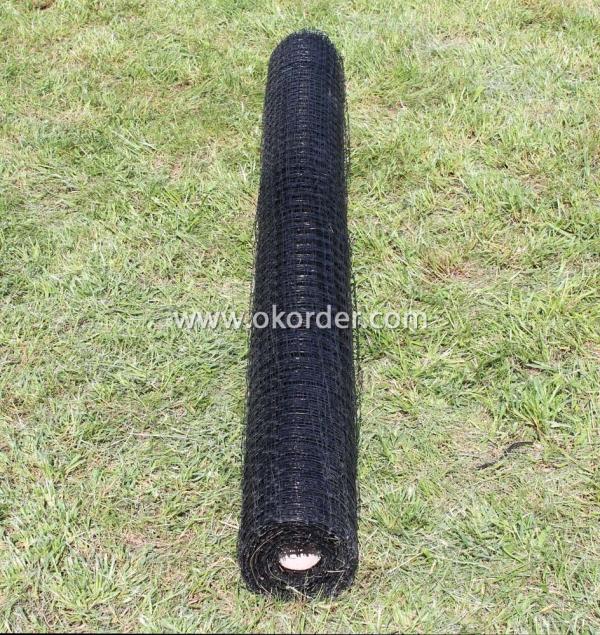
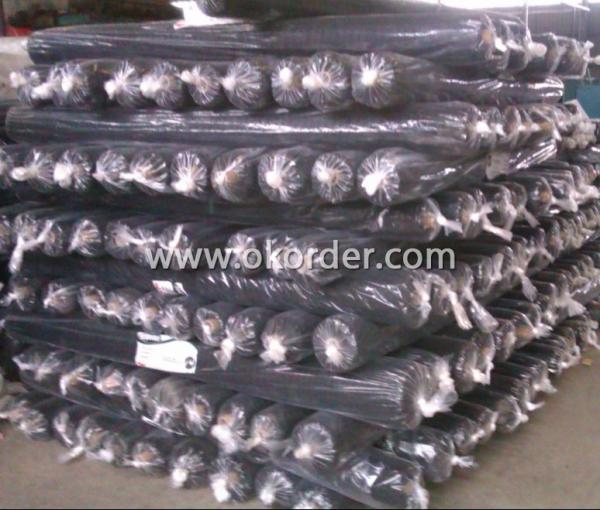
- Q: How do plastic nets help in packaging fragile items?
- Plastic nets help in packaging fragile items by providing a protective layer that prevents direct contact between the item and the packaging material. This helps to cushion the item and absorb any impact or pressure during transportation, reducing the risk of breakage or damage. Additionally, the netting allows airflow, which can help in preventing condensation and maintaining the freshness of perishable items.
- Q: Are plastic nets suitable for construction sites?
- Yes, plastic nets are suitable for construction sites. They are commonly used in construction to provide safety by preventing falling debris and also act as a barrier to control dust and protect workers from hazardous materials. Additionally, plastic nets are lightweight, easy to install, and cost-effective, making them a practical choice for construction site applications.
- Q: Are plastic nets easy to install?
- Yes, plastic nets are generally easy to install. They are lightweight and flexible, allowing for quick and hassle-free installation in various settings.
- Q: What are the advantages of using plastic nets over other materials?
- Plastic nets offer several advantages over other materials, such as durability, flexibility, and cost-effectiveness. They are resistant to weathering and corrosion, making them suitable for outdoor applications. Additionally, their lightweight nature allows for easy transportation and installation. Plastic nets are also versatile and can be customized to fit various sizes and shapes, providing excellent performance in different industries, including agriculture, aquaculture, and construction.
- Q: Can plastic nets be used for animal containment?
- Yes, plastic nets can be used for animal containment. They are commonly used in various settings such as farms, zoos, and fisheries to create enclosures and fences that keep animals safely contained. Plastic nets are lightweight, durable, and flexible, making them an effective choice for animal containment.
- Q: How do plastic nets affect wildlife habitats?
- Plastic nets can significantly impact wildlife habitats in several ways. Firstly, they can entangle and trap animals, leading to injury or death. Marine animals such as dolphins, turtles, and seabirds often mistake the nets for food or get caught in them while swimming, causing suffocation or drowning. Additionally, the presence of plastic nets can alter the natural behavior and movement patterns of animals, disrupting their feeding and breeding habits. These nets can also damage or destroy important habitats, such as coral reefs or kelp forests, which are crucial for many marine species. Overall, plastic nets pose a serious threat to wildlife, contributing to the decline of various species and disrupting the balance of ecosystems.
- Q: How do plastic nets affect biodiversity?
- Plastic nets can have a detrimental impact on biodiversity. When these nets are discarded or lost in the environment, they can entangle and trap marine animals such as fish, turtles, and seabirds, leading to injury or death. Additionally, the presence of plastic nets in ecosystems can disrupt natural processes and habitats, affecting the balance and diversity of species. The accumulation of microplastics from these nets can also enter the food chain, potentially harming both marine and terrestrial organisms. Overall, plastic nets pose a significant threat to biodiversity and require proper management and disposal to minimize their negative impact.
- Q: Can plastic nets be used for soccer ball barriers?
- Yes, plastic nets can be used as soccer ball barriers. They are commonly used as backstops or fencing around soccer fields to prevent balls from going out of bounds.
- Q: Are plastic nets suitable for use in cricket nets?
- Yes, plastic nets are suitable for use in cricket nets. They provide a durable and cost-effective alternative to traditional netting materials like nylon. Plastic nets offer good resistance to wear and tear, are weather-resistant, and offer excellent visibility. They also have a high breaking strength, making them suitable for containing cricket balls and providing a safe practice environment.
- Q: Are plastic nets resistant to mold and mildew?
- Yes, plastic nets are generally resistant to mold and mildew due to their non-porous nature, which makes it difficult for moisture and organic matter to accumulate and promote the growth of such organisms.
1. Manufacturer Overview
| Location | Zhejiang, China |
| Year Established | 2002 |
| Annual Output Value | US$ 10 Million - US$ 50 Million |
| Main Markets | North America Safety Fence, BOP Netting 5.00%; South America Safety Fence, Insect Screen, BOP Netting 8.00% ; Eastern Europe Safety Fence, Insect Screen, Anti-bird Netting, BOP Netting 9.00% Southeast Asia Safety Fence, Insect Screen, Anti-bird Netting, BOP Netting 5.00 % Africa Safety Fence, Insect Screen 1.40% Oceania Safety Fence, BOP Netting, Gutter Guard 9.60% Western Europe Safety Fence, Insect Screen, Anti-bird Netting, BOP Netting, Gutter Guard 34.00% |
| Company Certifications | GBT19001-2000 -ISO9001:2000 |
2. Manufacturer Certificates
| a) Certification Name | |
| Range | |
| Reference | |
| Validity Period |
3. Manufacturer Capability
| a) Trade Capacity | |
| Nearest Port | Ningbo, China |
| Export Percentage | 91% - 100% |
| No.of Employees in Trade Department | 3 |
| Language Spoken: | English; Chinese |
| b) Factory Information | |
| Factory Size: | Above 100,000 square meters |
| No. of Production Lines | Above 10 |
| Contract Manufacturing | OEM Service Offered; Design Service Offered |
| Product Price Range | High; Average |
Send your message to us
Plastic Flower Netting Anti-Deer Net
- Loading Port:
- China Main Port
- Payment Terms:
- TT or L/C
- Min Order Qty:
- 2000KG m²
- Supply Capability:
- 500T/M m²/month
OKorder Service Pledge
OKorder Financial Service
Similar products
Hot products
Hot Searches
Related keywords
